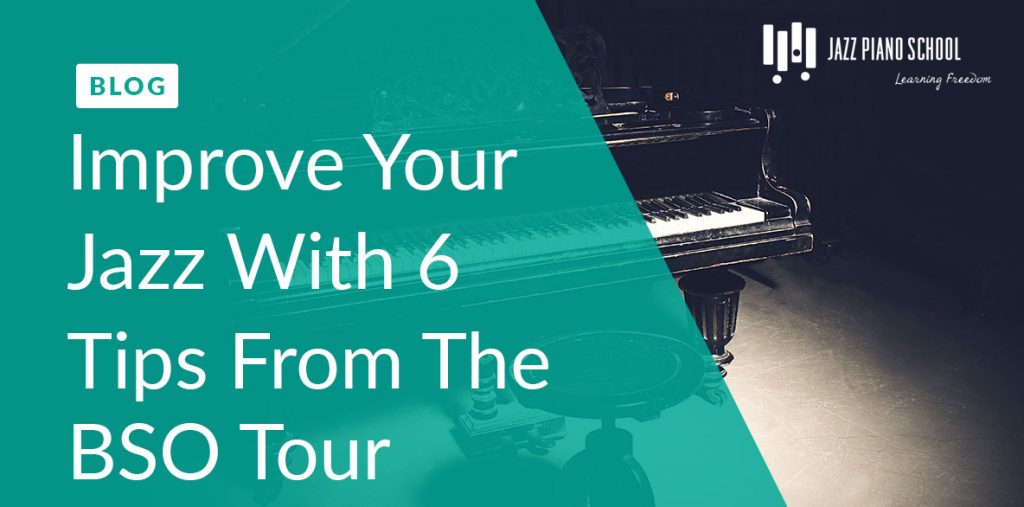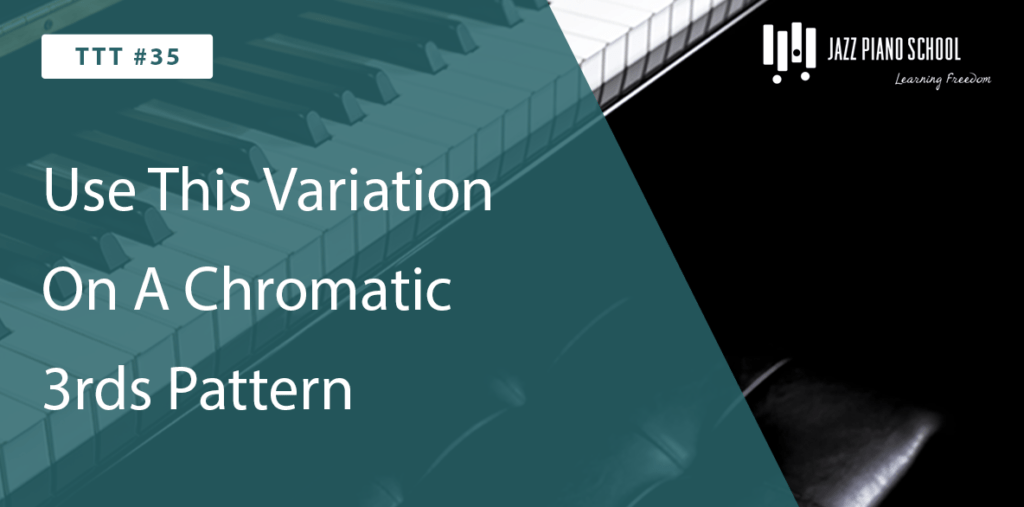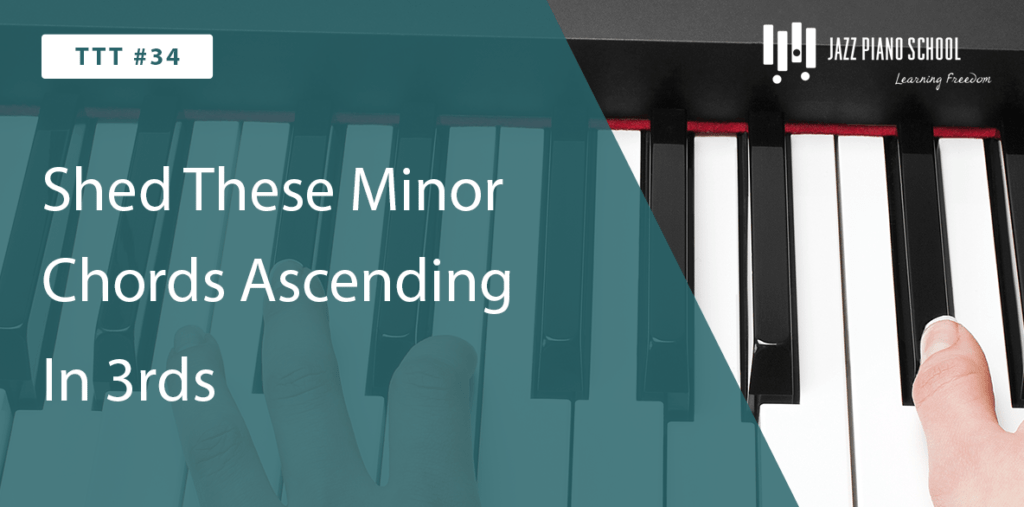As I write this blog I am two hours away from the end of a 13 hour flight back from Tokyo! This is probably
the longest two hours of my life. For some reason going back is a lot harder. I’ve just finished a two week tour with the Boston Symphony Orchestra in Asia. If you’ve been following the blog you might have seen this. We went to
Bejing, Shanghai, Guangzhou, then Tokyo. Was I playing? Not this time. Just watching my dad play. He is the concertmaster of the symphony so I’m a pretty lucky guy. Even though I’ve been around classical music my entire life and took lessons for 14 years, I’ve still managed to extract concepts from my listening experience on this trip that can improve our jazz playing. Enjoy!
Exaggerate everything
One of the first points I noticed while watching all of the rehearsals and concerts, (mind you this totaled out
to about 14 performances), was the extreme amount of contrast that all the pieces, movements
and sections had. What do I mean by this? Usually in jazz when you see pianissimo you might
play semi soft but not really pay attention to it. Well when the orchestra had a pianissimo they
were extremely soft. They were so soft in fact, that I prayed they didn’t have a double PP,
because I didn’t believe they could get any quieter! Contrary to my belief they did in the next
movement! The same went for articulation within the movements. When certain sections had
legato markings or phrase endings, you could distinctly hear where these started and stopped.
Rarely do I hear this from average jazz musicians. Only the great jazz artists will adopt such a
large spectrum of dynamics, articulation, and everything else. In order to take your playing to
next level, widen your scale of expression/
Simple melodies create beauty
Jazz will always have a small ego associated with each new player to the scene. Everyone is
trying to play their hippest licks, or sound modern. Most of the time these players are sacrificing
the quality and beauty of the music to insert these “killin” licks into their solos. When you hear
these forced licks, it destroys the natural fluidity and beauty of the music. The classical
musicians took the simplest melodies and made them sound as if they were the hottest thing
selling today! Seriously, I have never heard such beauty come out of 5-6 notes. It was
incredible. When you focus on creating simple and beautiful music, your expression will flow
naturally and hold more depth.
(Note: Do you want to start learning more about jazz piano in a way that’s organized and structured? Are you looking for a starting point? If so, check out our FREE beginner guidebook to get the scoop!)

Always, always play with passion and fire!
No matter how long our flight or bus was as we traveled from city to city, every member of the
orchestra knew they had to bring it for the concert that night. All of them were preparing mentally
and practicing in order to get ready. When it came time for concert, they played like had just
awoke from hibernation. Everyone had an intense amount of passion and energy. Too many
times I’ll see musicians get up to solo and play as if someone had just died in their family! Come
on now! Any time you step up on that stage to play you got to play like its the last concert you’ll
ever play. Not one single orchestra member pooped out during the concert. That’s why they’re
all pros.
Breathe and phrase
Classical music is great because the material written by the composers teach you how to phrase.
There are literally phrase markings in your music so you know where to begin and end your
phrases. Perfect right!? Unfortunately most jazz does not come with these helpful markings so
we must do it on our own. Unfortunately, all too often someone will blow and blow and blow, without and sort of sign of a phrase ended. While listening to the concerts, it was amazing to hear the orchestra move in and out of all of the phrasing. It led to great use of tension and release by the composer. They were also able to build and express the emotion of the piece much easier with the distinctive phrases. Make sure when you are improvising you let your lines breathe. You need to create sentences that have beginnings and periods. Most lines I
hear are run on sentences that lead to no where. Breathe and phrase.
Listen and blend
Do you know how many orchestra members there are in the Boston Symphony. Over 100.
This means that any problems that occur are going to be escalated very quickly. Everyone must
be constantly listening to everyone else in order to blend. When this happens the most
extraordinary sound is produced. It takes an extreme amount of flexibility and willingness to
adapt for the sake of group. Without this adaptation certain sections would stick out like sore
thumbs. The cellos might sound way too loud. Or the second violins might be pushing ahead of
the first violin section. It can act like dominoes in a way. If one person is not listening it could
trigger some terrible effects. Fortunately in the orchestra, everyone is the best of the best, so
they are all blending like a smoothie. Funny? Okay I couldn’t think of anything else. Anyway, in
small jazz combo you only have a couple of people to blend with! Seems pretty simple
compared to what the orchestra has to deal with. Always keep your ears open and remember,
your playing isn’t about yourself, it’s about the group. Play to blend with the other musicians
you are creating music with and you will sound much better.
Preparation and work ethic
While sitting on the plane, I asked my dad what the percentage was of someone getting a spot
in the BSO. He said minimum 1 in ten thousand. I’ll let that sink in for a second. Minimum, one
in ten thousand. Those odds were baffling to me. The entire plane was filled with world
class musicians that had beat out the rest of their competition. I continued to think about this
and soon began to see why these musicians were chosen. Their work ethic began showing as
the trip went on. Even in sparing seconds while going through customs, lots of musicians were
studying up on their music for the concert. Making notes and fixing bow markings. The
dedication to their craft and music never stops. They simply strive to be the best that they can
be at all times. This is why they are in the BSO. If all jazz musicians approached jazz this way,
they would be a lot further ahead in their progress and growth. Unfortunately jazz can become
very sloppy these days, with students not learning tunes very well or practicing. If you knew you had a chance to be in an equivalent jazz group to that of the BSO, how would you work to beat out 10,000 other jazz players who were competing? Would your current work ethic be sustainable to accomplish this? Always work and prepare as hard as or harder than the top world class musicians. If you do this I guarantee you will be great!
[Tweet “This blog post is great! Check it out. #jazzpiano #jazzpianoschool”]
Feel free to subscribe to our email tips and bonus content. Simply click below.
(Note: Don’t forget your copy of our FREE beginner guidebook! If you want to start learning jazz piano, our guidebook will give you the first steps!)














